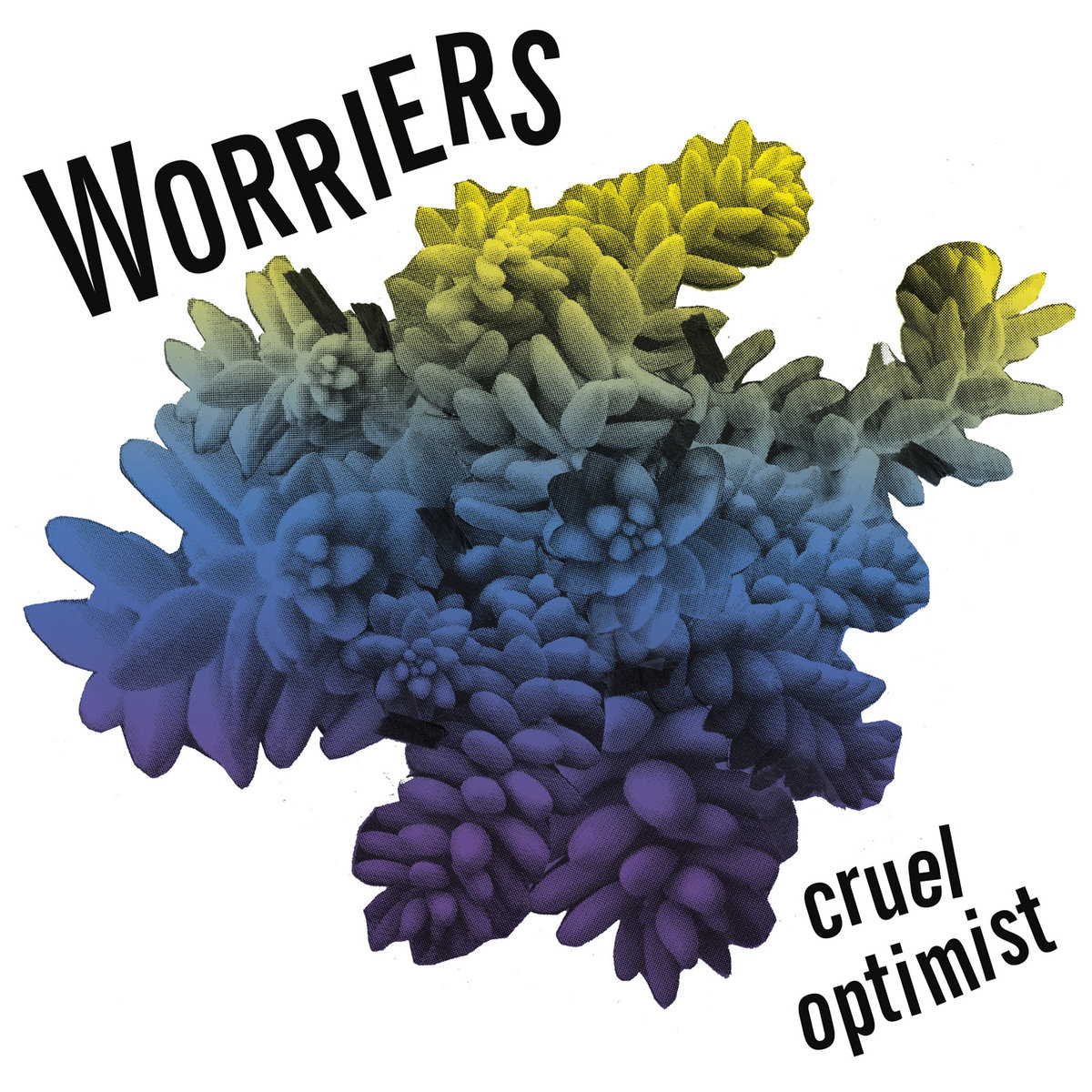

Not surprisingly, in Finland, as in other Western societies in general, the extent and impact of academic and wider public attention to psychology, happiness, positivity, wellbeing, optimism, emotions, strengths and resilience have increased considerably (e.g. This shift has created new demands in relation to the production of knowledge, behaviour management and human capital. One might point out that all objects/scenes of desire.This article focuses on positivity imperative in youth education in Finland, where the social democratic welfare state has over the last three decades shifted towards a neoliberal governance on competitiveness (e.g.

Often this fear of loss of a scene of optimism as such is unstated and only experienced in a sudden incapacity to manage startling situations, as we will see below. (2) But if the cruelty of an attachment is experienced by someone/some group, even in disavowed fashion, the fear is that the loss of the object/scene of promising itself will defeat the capacity to have any hope about anything. One more thing: the cruelty of an optimistic attachment is, I think, usually something an analyst observes about someone's or some group's attachment to x, since usually that attachment exists without being an event, or even better, seems to lighten the load for someone/some group. Cruel optimism is the condition of maintaining an attachment to a problematic object. This phrase points to a condition different than that of melancholia, which is enacted in the subject's desire to temporise an experience of the loss of an object/scene with which she has identified her ego continuity. What's cruel about these attachments, and not merely inconvenient or tragic, is that the subjects who have x in their lives might not well endure the loss of their object or scene of desire, even though its presence threatens their well-being, because whatever the content of the attachment is, the continuity of the form of it provides something of the continuity of the subject's sense of what it means to keep on living on and to look forward to being in the world.

'Cruel optimism' names a relation of attachment to compromised conditions of possibility whose realisation is discovered either to be impossible, sheer fantasy, or too possible, and toxic.

In optimism, the subject leans toward promises contained within the present moment of the encounter with their object. But the surrender to the return to the scene where the object hovers in its potentialities is the operation of optimism as an affective form. That does not mean that they all feel optimistic: one might dread, for example, returning to a scene of hunger or longing or the slapstick reiteration of a lover or parent's typical misrecognition. In other words, all attachments are optimistic. To phrase 'the object of desire' as a cluster of promises is to allow us to encounter what's incoherent or enigmatic in our attachments, not as confirmation of our irrationality but as an explanation for our sense of our endurance in the object, insofar as proximity to the object means proximity to the cluster of things that the object promises, some of which may be clear to us while others not so much. This cluster of promises could be embedded in a person, a thing, an institution, a text, a norm, a bunch of cells, smells, a good idea-whatever. When we talk about an object of desire, we are really talking about a cluster of promises we want someone or something to make to us and make possible for us.


 0 kommentar(er)
0 kommentar(er)
